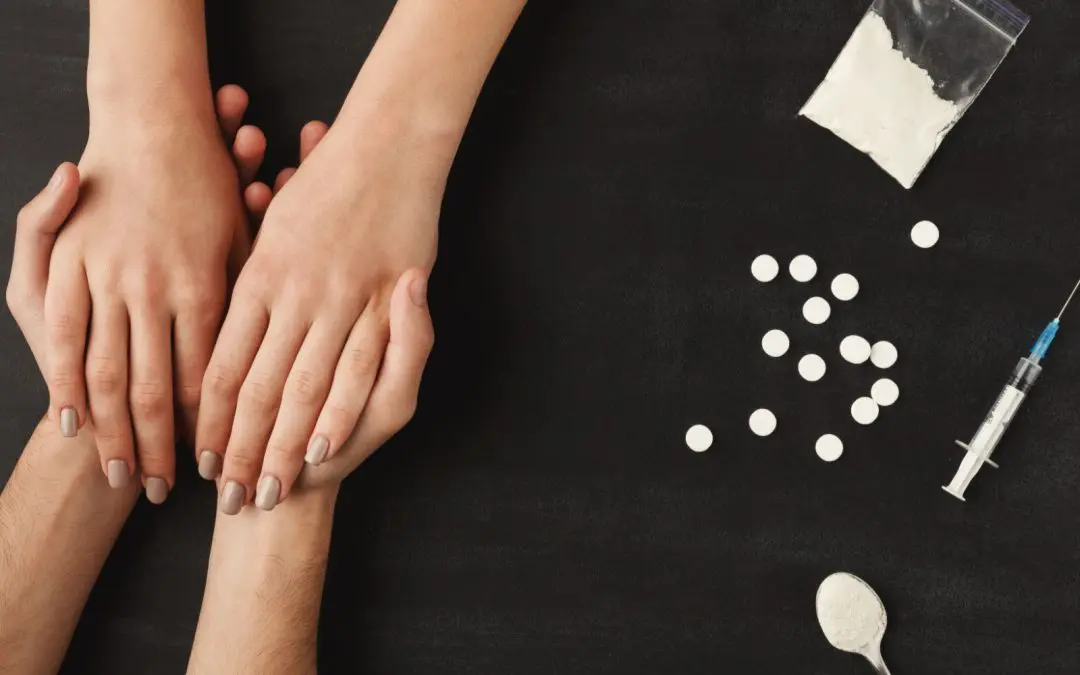24/7 Helpline:
(866) 899-111424/7 Helpline:
(866) 899-1114
Learn more about Codeine Rehab centers in Post Falls
Codeine Rehab in Other Cities

Other Insurance Options

MHNNet Behavioral Health

UMR

Providence

Aetna

Medical Mutual of Ohio

American Behavioral

ComPsych

GEHA

Magellan

Premera

Sutter

CareFirst

State Farm

PHCS Network

WellPoint

Highmark

Meritain

Health Net

CareSource

Access to Recovery (ATR) Voucher

Aces Community Services
Aces Community Services is a private rehab located in Post Falls, Idaho. Aces Community Services spe...








Rathdrum Counseling Center
Rathdrum Counseling Center is a private rehab located in Rathdrum, Idaho. Rathdrum Counseling Center...




































































































































